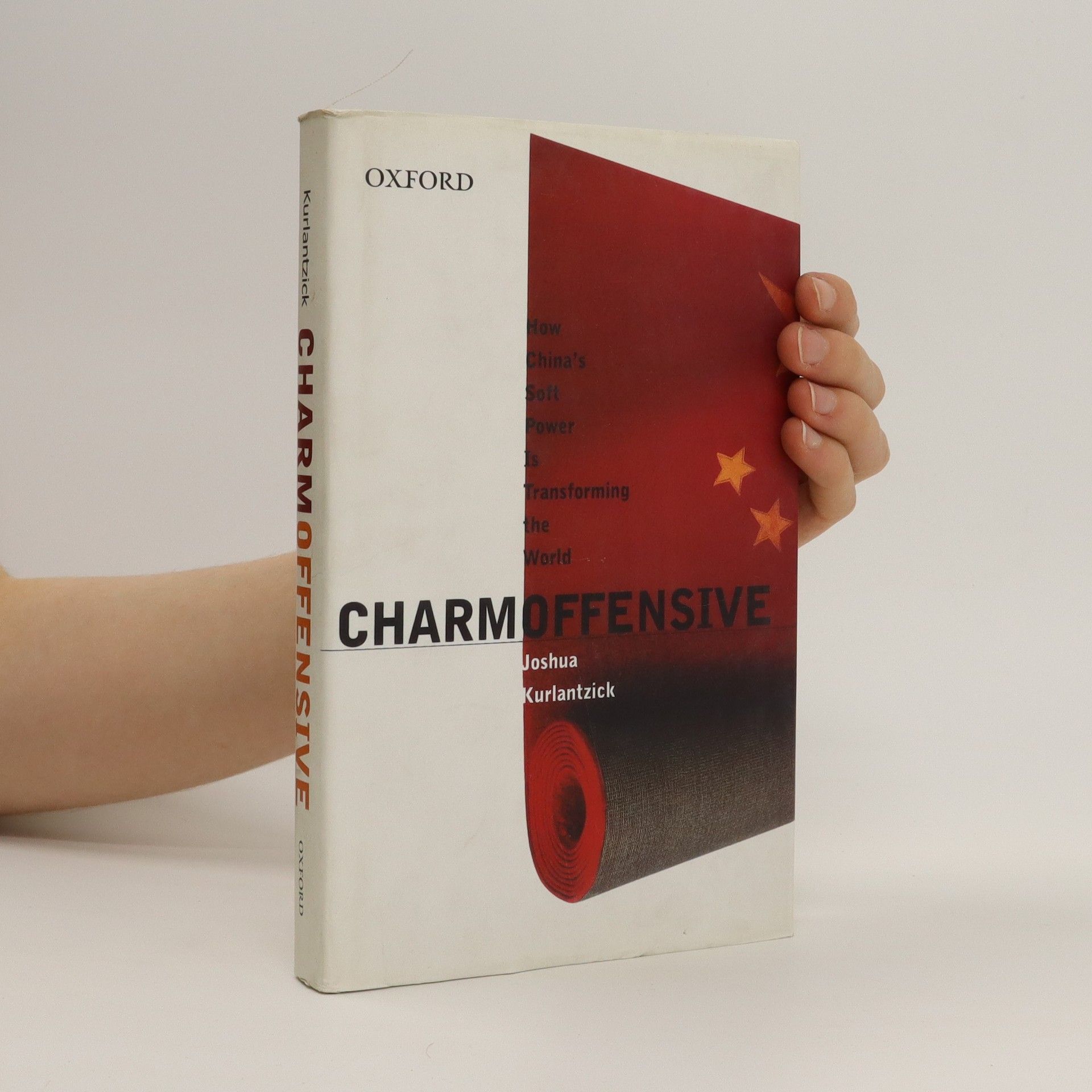Beijing's Global Media Offensive is a major analysis of how China is attempting to build a media and information superpower around the world, and to use it to impact many countries' societies, media markets, politics, and economies. Joshua Kurlantzick traces the ways in which China is trying to build an information and influence superpower and critically examines the new conventional wisdom that Beijing has been extremely successful in these efforts. In some ways, he argues, China has built the foundations of a global media and information superpower, including global TV networks, social media platforms, global radio networks, apps, and the backbones of wireless and wired networking, but has yet to reap many gains from its efforts, and actually has alienated many other states.
Joshua Kurlantzick Libri


At the beginning of the twenty-first century, China is poised to become a major global power. And though much has been written of China’s rise, a crucial aspect of this transformation has gone largely the way that China is using soft power to appeal to its neighbors and to distant countries alike.This book is the first to examine the significance of China’s recent reliance on soft power—diplomacy, trade incentives, cultural and educational exchange opportunities, and other techniques—to project a benign national image, position itself as a model of social and economic success, and develop stronger international alliances. Drawing on years of experience tracking China’s policies in Southeast Asia, Latin America, and Africa, Joshua Kurlantzick reveals how China has wooed the world with a "charm offensive" that has largely escaped the attention of American policy makers.Beijing’s new diplomacy has altered the political landscape in Southeast Asia and far beyond, changing the dynamics of China’s relationships with other countries. China also has worked to take advantage of American policy mistakes, Kurlantzick contends. In a provocative conclusion, he considers a future in which China may be the first nation since the Soviet Union to rival the United States in international influence.